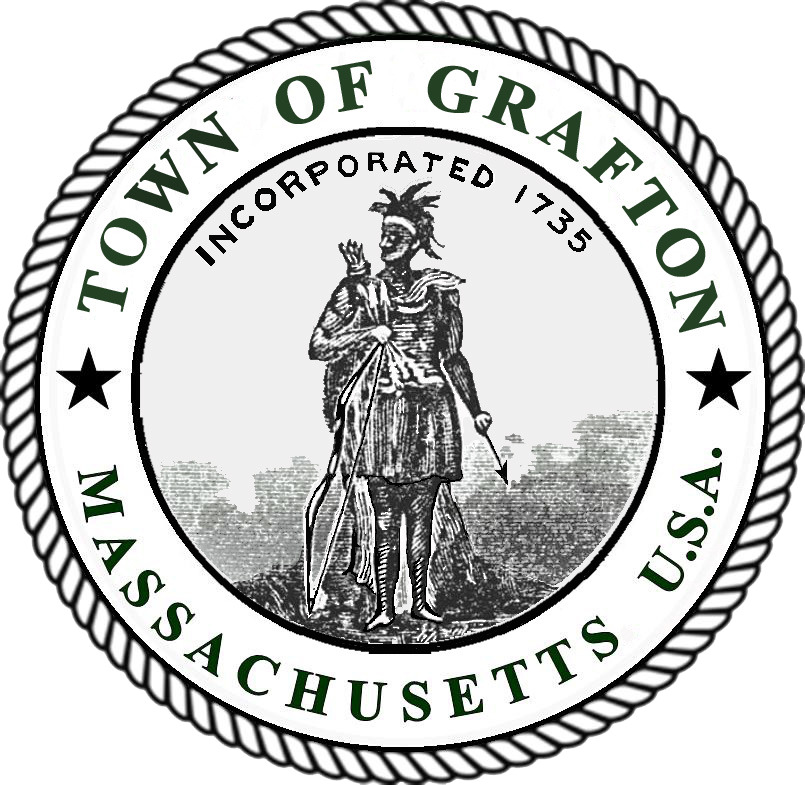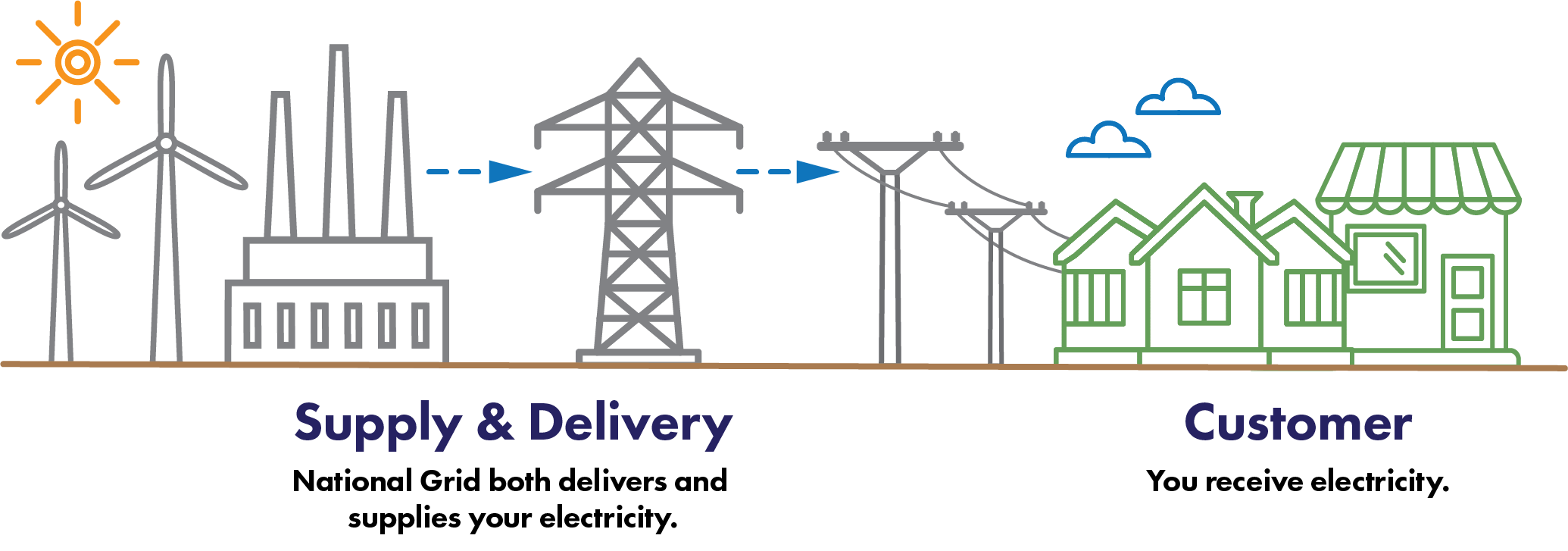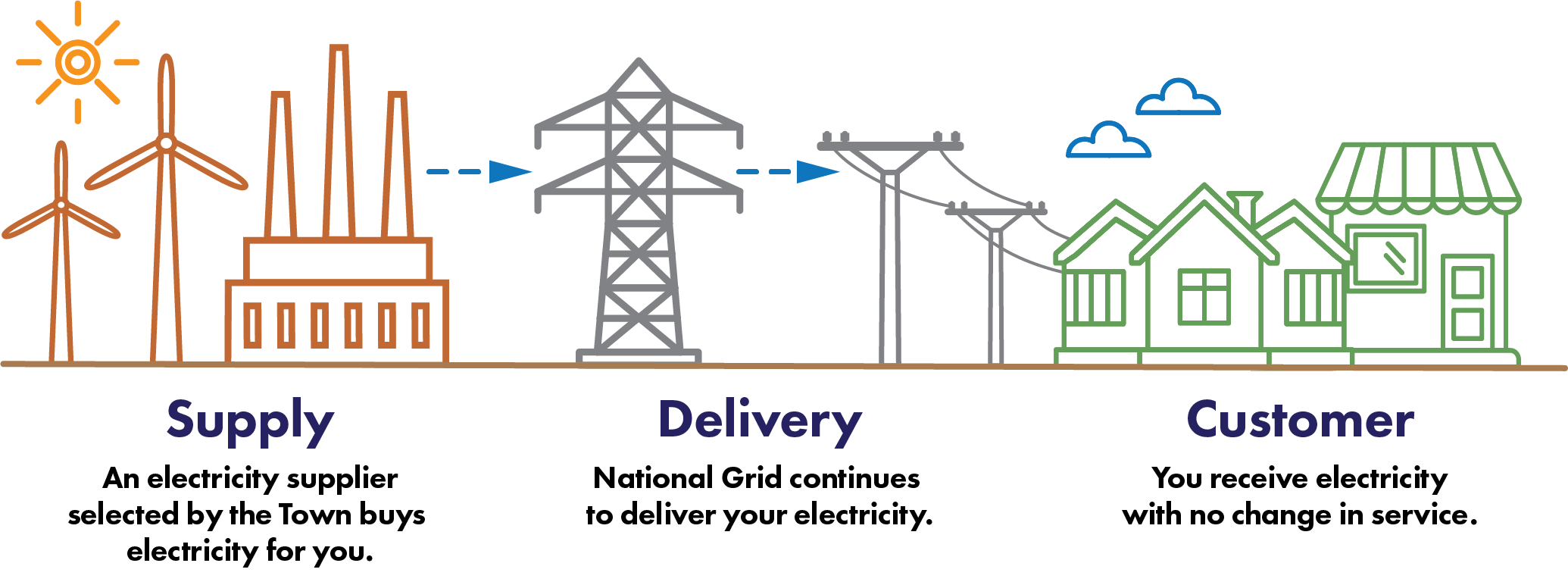How aggregation works
Grafton Energy Choice is a municipal electricity aggregation, which is a kind of group electricity buying program for a city or town.
- Grafton buys electricity from an electricity supplier that it chooses.
- You receive a new electricity supply price on your National Grid bill.
- National Grid remains Grafton’s electric utility and continues to deliver your electricity, address power outages, and handle all billing as it does now.
Aggregation is possible because in Massachusetts we can choose our electricity supplier, which is the company that puts electricity on the grid for us.
But we have no choice in our electric delivery utility. If you live in Grafton, National Grid is your electric delivery utility no matter what.
Municipal electricity aggregation was enabled by the Massachusetts Restructuring Act of 1997 (Chapter 164, Section 134) and is regulated by the Massachusetts Department of Public Utilities.

 National Grid as Grafton’s electric utility
National Grid as Grafton’s electric utility Low-income discount or fuel assistance
Low-income discount or fuel assistance

